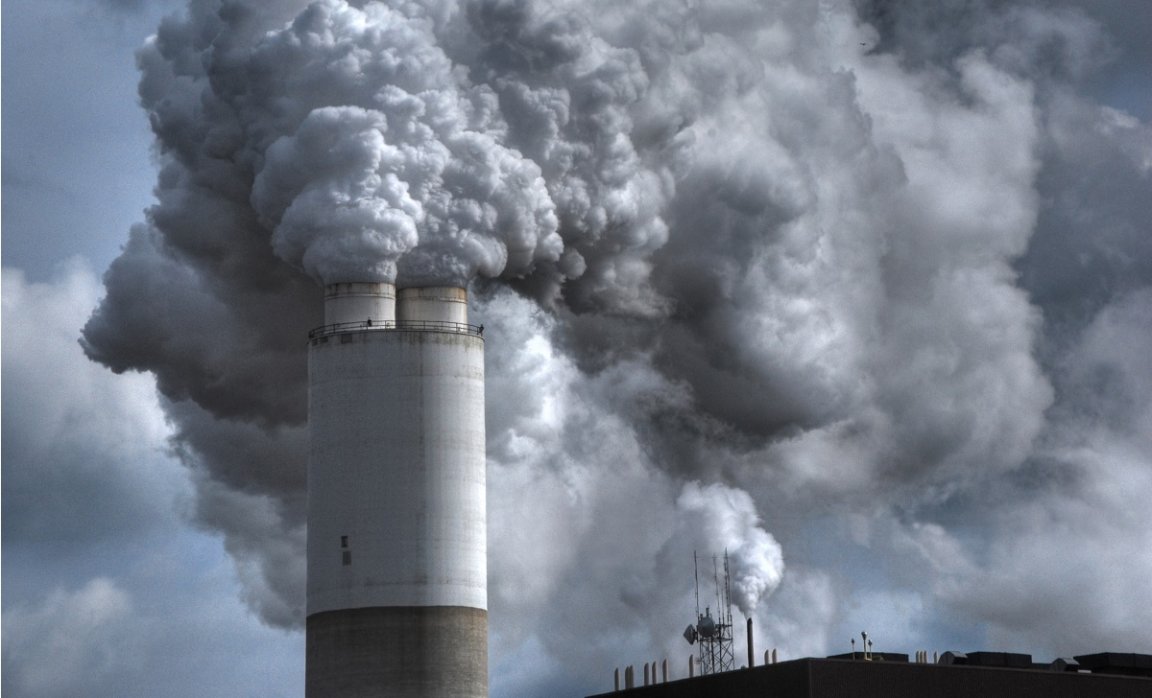
Boo Hoo
As The New York Times reports, the Environmental Protection Agency (EPA) is gearing up to launch new regulations on soot, which is the powdery, carbon-based dust linked to thousands of American deaths per year, particularly in communities of color. Soot causes particle pollution, one of the deadliest forms of air pollution; fossil fuel-burning industries like trucking, industrial farming, power plants, and energy are largely responsible for manmade soot emissions.
So it’s not terribly surprising to see the EPA — which, under the Clean Air Act, retains the right to reassess soot limits every five years — move to tighten its reigns on soot emissions where it can. But per the NYT, corporations are none too pleased. For months now, they’ve argued that the renewed limits will be untenable, perhaps even forcing them to lay off workers or worse, and disastrous for the economy at large.
“The cost of complying with this regulation would fall predominantly on the private sector,” reads a letter sent to White House Chief of Staff Jeffrey Zients last month, signed by dozens of leaders in soot-offending industries. “It would hinder the ability of our member companies to create jobs, innovate and invest.”
There you have it, folks. Death, shmeath. Think of the economy!
Soot Sayers
The government, for its part, appears resolved to go through with the crackdown, arguing — in addition to the public health benefit of it all — that maintaining the soot status quo would actually hurt the economy in the long run.
As the NYT notes, though companies argued in that October letter that tightened regulations would “reduce GDP by nearly $200 billion” by 2031, the EPA estimates that the net benefits from averting soot-induced illness and death by reducing soot limits to nine micrograms per cubic meter from the standing 12 microgram limit would add up to a staggering $55 billion by 2023. (There’s also a great deal of job promise in the renewable energy sector.)
Experts have also been careful to note that the economic benefits of the current soot status quo rarely trickle down to a company’s surrounding community. As Catherine Garoupa, the executive director of a California-based air advocacy group, told the NYT, the industry is “generating wealth,” but “not for the people that actually live in the valley and are breathing the air.”
Companies have also called attention to a recent uptick in wildfires, arguing that they’re being forced to shoulder the environmental burden of this increase in natural fires. And while wildfires are responsible for a large chunk of airborne soot, it’s also true that recent wildfire increases are strongly linked to climate change — a modern reality that’s been caused, in large part, by many soot-heavy industries, particularly the energy community.
As the saying goes: sometimes, you may just reap what you sow.
More on pollution: Humans Are Spiking the Level of Poisonous Mercury in the Atmosphere